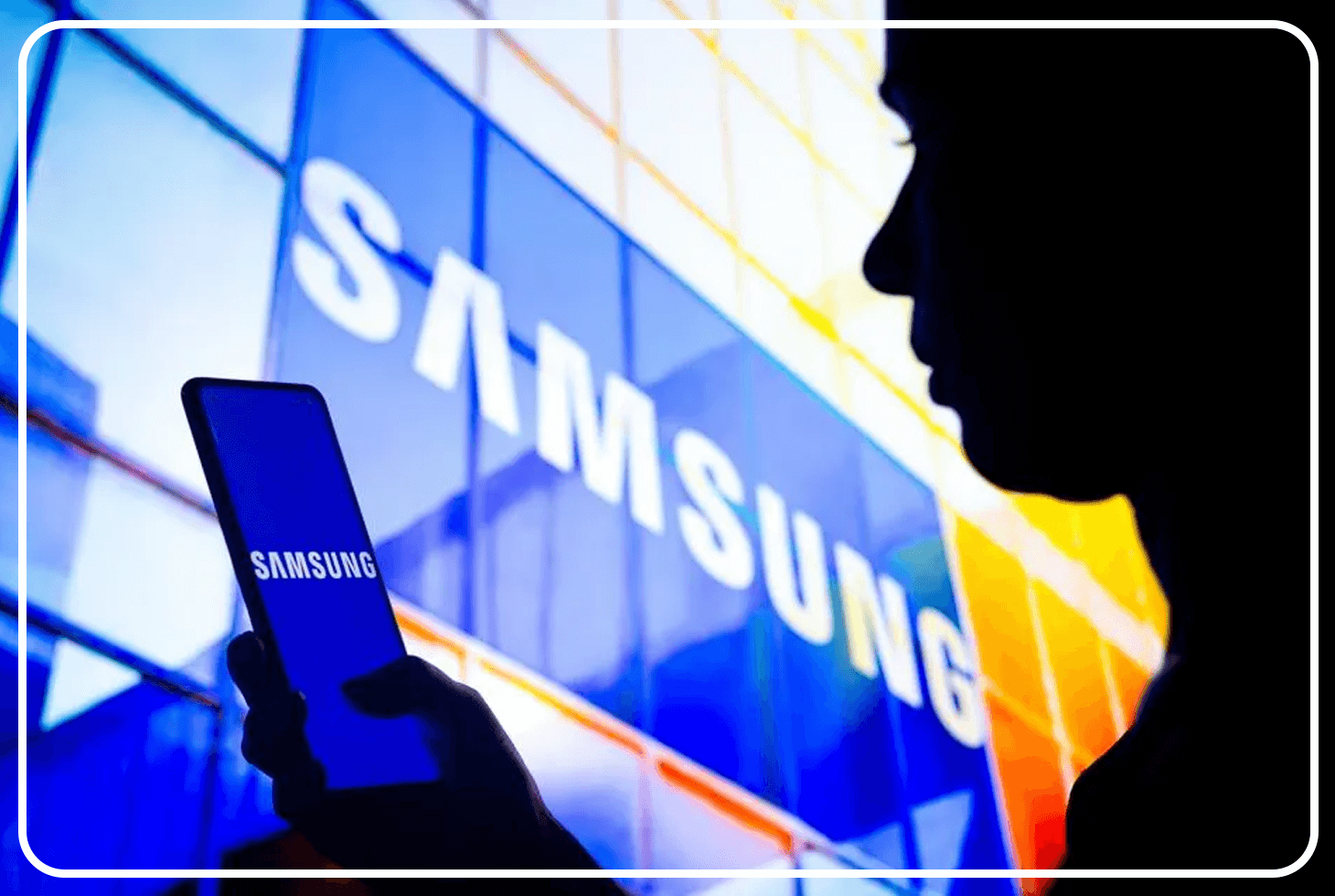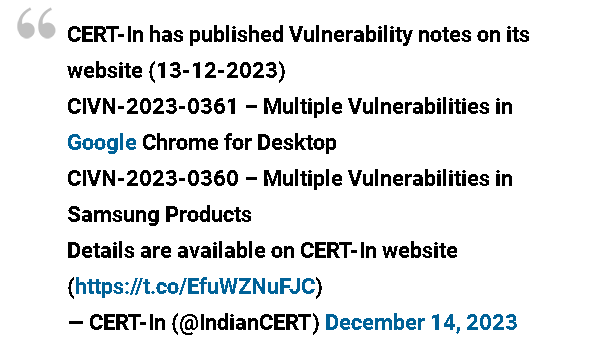Guarding Your Galaxy: Unveiling Cyber Threats to Samsung Smartphones and Securing Your Digital Realm

Attention smartphone enthusiasts, especially those using Samsung Galaxy devices! Be mindful of a recent surge in unusual hacking incidents that could compromise your device's security. Reports have surfaced regarding unauthorized access, photo deletions, and even tampering with passcodes and fingerprints on some devices. If you find yourself facing similar issues, read on for important insights.
Imagine the shock of staring at your phone, only to be met with the message "Incorrect PIN." This was the disheartening experience of Ankita, a regular Samsung Galaxy user locked out of her phone. Frustrated and alarmed, she questioned how her PIN could be altered without her knowledge, considering the sensitive information stored on her device. Urgently seeking a solution, Ankita turned to online forums and social media for guidance.
To add to the concern, reports of similar incidents started emerging, indicating a rising cyber threat. It seemed a new breed of hackers was infiltrating phones, manipulating PINs, and denying users access to their own devices. The situation prompted the Indian government's CERT-In department, responsible for cybersecurity, to issue a high-risk warning specifically for Samsung Galaxy users. The advisory stressed the importance of promptly updating the operating system (OS) and firmware to mitigate potential risks.

Identified vulnerabilities in Samsung Mobile Android versions 11, 12, 13, and 14 further raised the alarm. One significant vulnerability allowed attackers to exploit the system, potentially leading to information theft, code execution, and device compromise. CERT-In explicitly emphasized that neglecting device updates exposes users to heightened hacking threats. While Samsung has released patches to address these vulnerabilities, it is crucial for users like Ankita to prioritize updating their phones to safeguard against potential data breaches.
For those unfamiliar with cyber threats, they encompass attempts to steal, expose, alter, disable, or destroy information through unauthorized access to various devices, including computers, cellphones, laptops, and tablets. IBM's website outlines common types of cyberattacks, such as malware, social engineering, denial-of-service attacks, account compromise, man-in-the-middle attacks, and supply chain attacks.
In a surprising turn, users of both Apple and Samsung devices have received warnings from the Indian government about potential security vulnerabilities. Despite the strong brand reputation of these tech giants, their smartphones are not immune to cyber threats. As such, users are advised to exercise caution and take proactive measures to shield their devices from potential cyber risks. Stay informed, stay secure!






